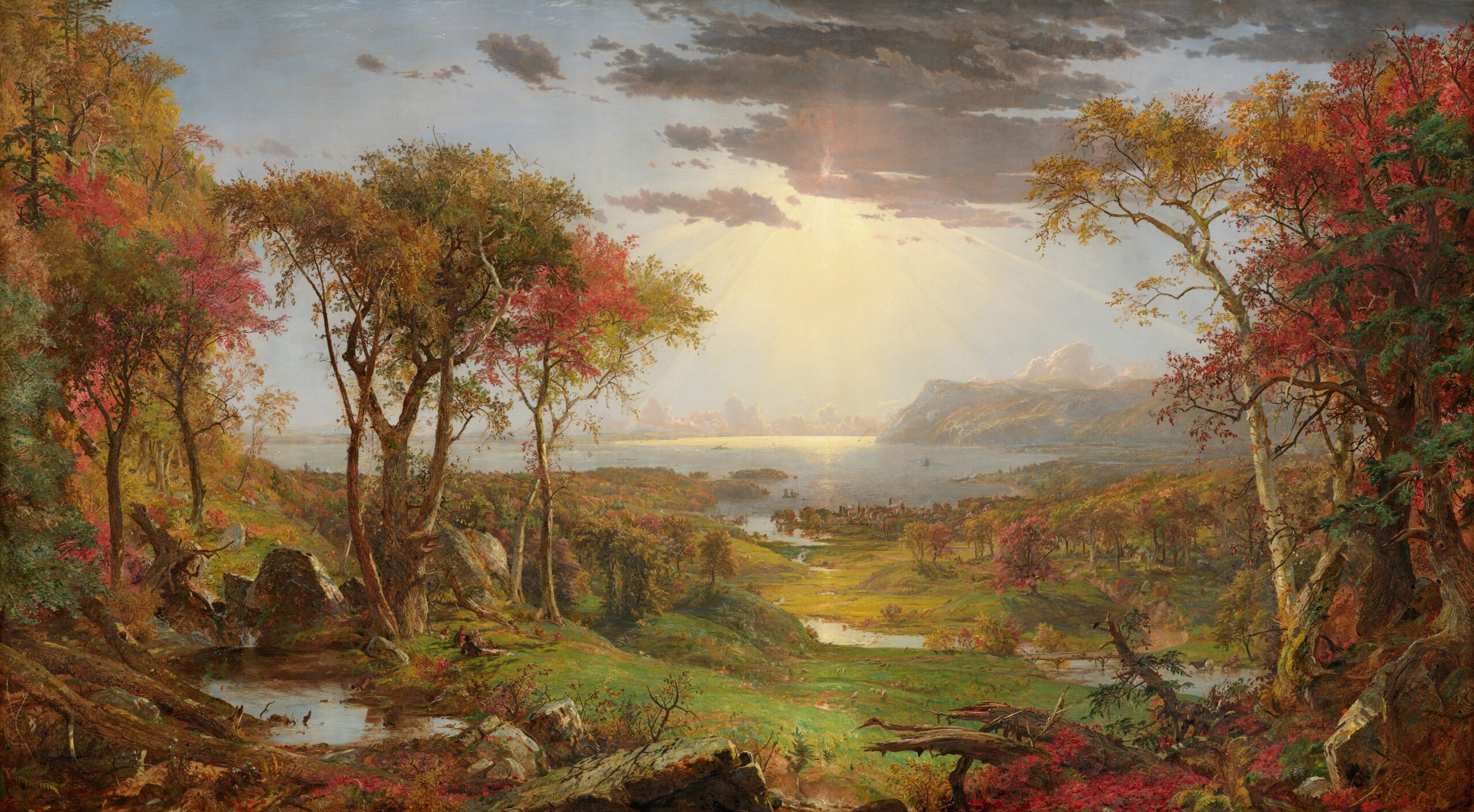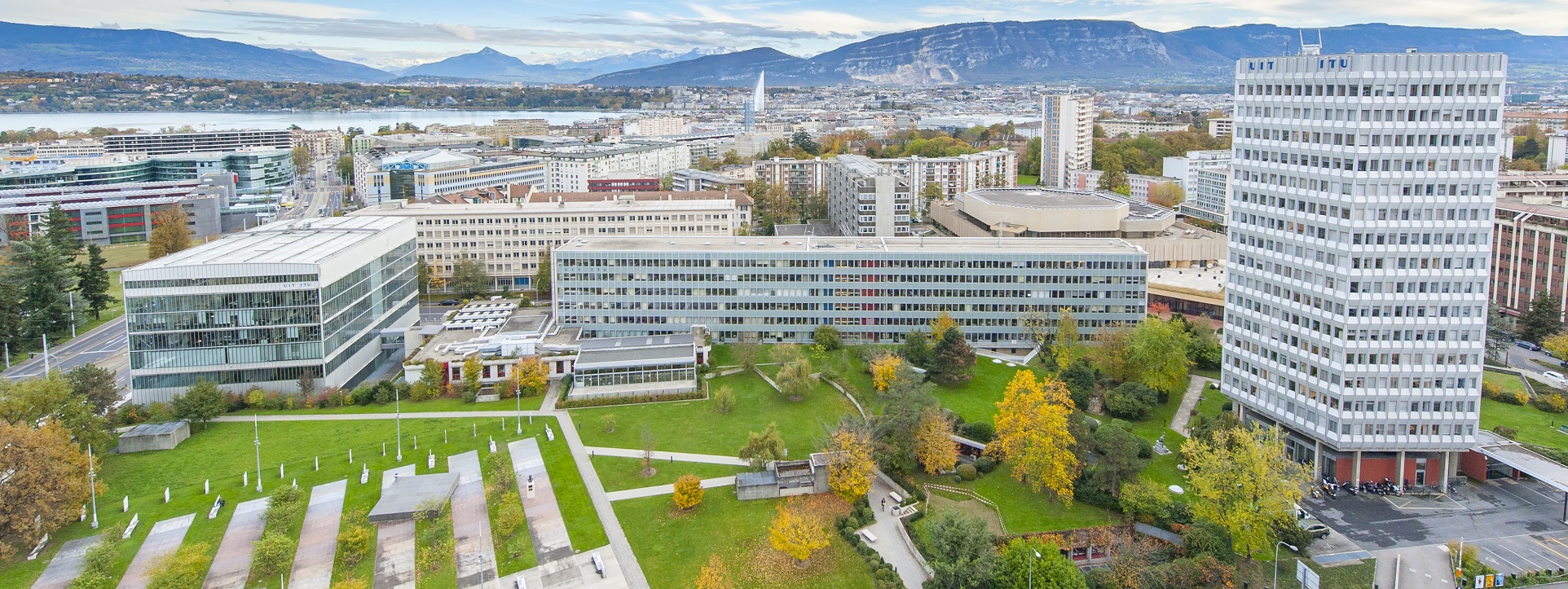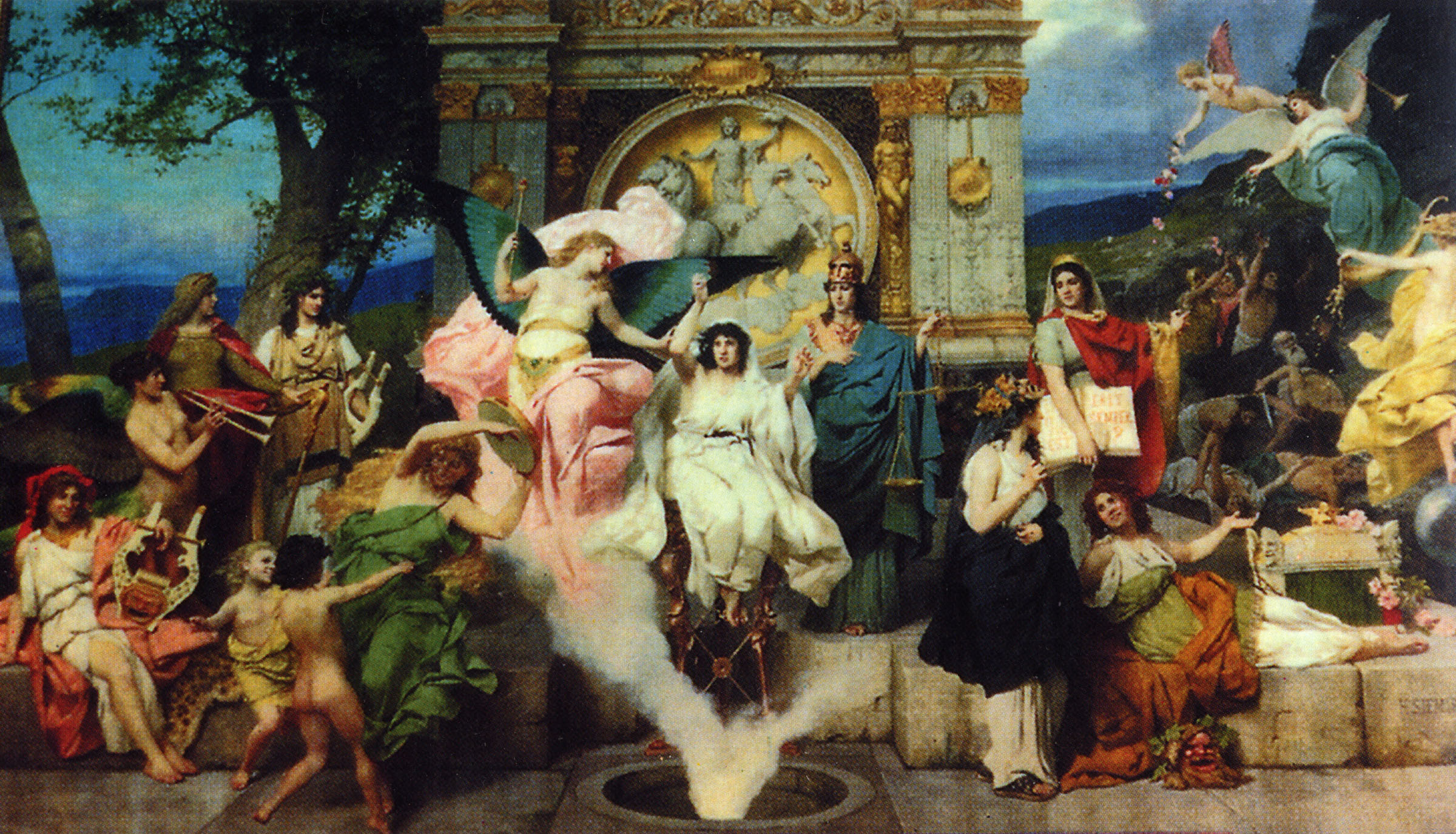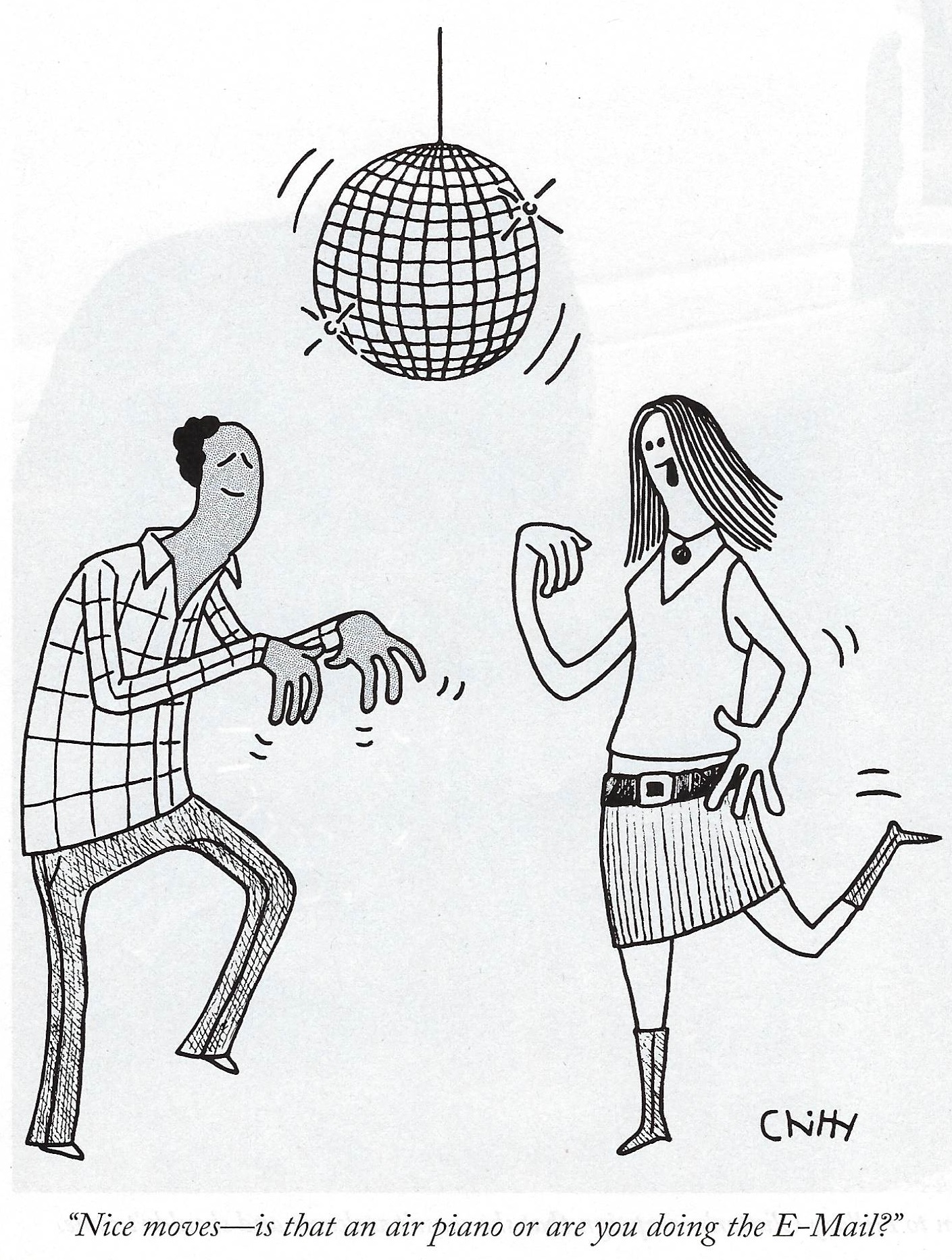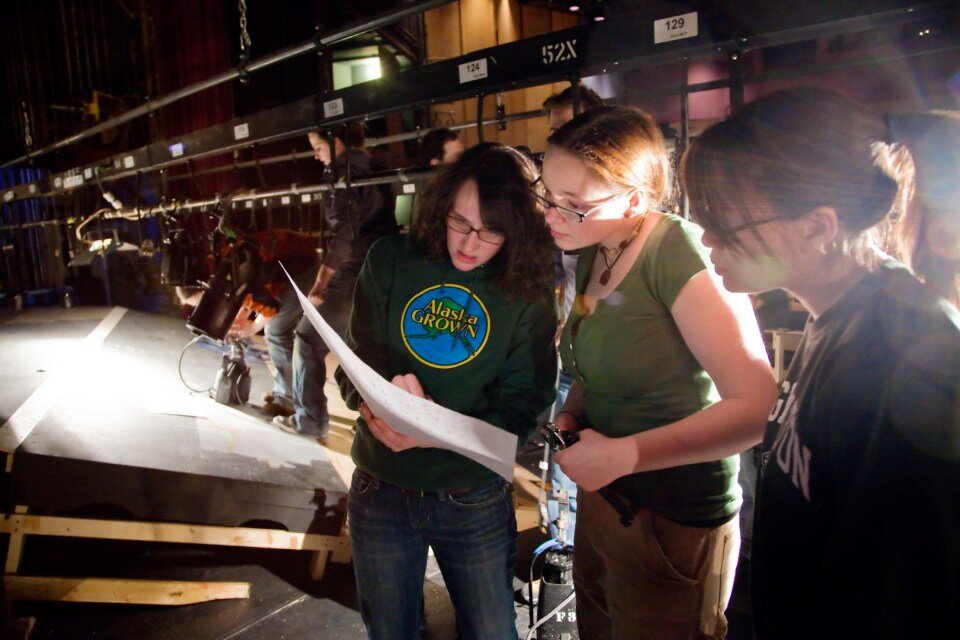Author Archives: mike@standardsmichigan.com
- Home
- Articles posted by mike@standardsmichigan.com (Page 9)

Sweet Potato Pie
This content is accessible to paid subscribers. To view it please enter your password below or send mike@standardsmichigan.com a request for subscription details.
Pumpkin Spice Latte
Syracuse University Financial Statement 2023 | Net Position $4.263B
Campus Planning, Design and Construction | Syracuse University Facilities Services
“While the earth remaineth, seedtime and harvest, cold and heat,
and summer and winter, day and night will never cease.”
Syracuse University College Eats

Chris Williamson: The Hidden Truth About Our Collapsing Birth Rates
Easy Budget Meals
This content is accessible to paid subscribers. To view it please enter your password below or send mike@standardsmichigan.com a request for subscription details.
Rivalry Week
This content is accessible to paid subscribers. To view it please enter your password below or send mike@standardsmichigan.com a request for subscription details.
Silly Stories or Symbolic Wisdom
This content is accessible to paid subscribers. To view it please enter your password below or send mike@standardsmichigan.com a request for subscription details.
Egg Bites
UNR Net Position 2024: $677,072 (000) Page 4 | Organization Chart | Master Plan ’23-’27
Northwest Commission on Colleges and Universities | Council for Higher Education Accreditation
The @unevadareno will join the rest of @NSHE in the Great Nevada ShakeOut on Thursday, Oct. 16, 2025, at 10:16 AM. The statewide earthquake drill is part of a broader international effort to promote earthquake readiness and safety. https://t.co/Xo92CcTCRE pic.twitter.com/2mrOcshSVy
— University of Nevada, Reno (@unevadareno) October 7, 2025
System Aspects of Electrical Energy
IEC technical committees and subcommittees Ω SMB Tabulation
Much economic activity in the global standards system involves products — not interoperability standards. Getting everything to work together — safely, cost effectively and simpler — is our raison d’etre.
Manufacturers, testing laboratories, conformance authorities (whom we call vertical incumbents) are able to finance the cost of their advocacy — salaries, travel, lobbying, administration — into the cost of the product they sell to the end user (in our cases, estate managers in educational settlements). To present products — most of which involve direct contact with a consumer — at a point of sale it must have a product certification label. Not so with systems. System certification requirements, if any, may originate in local public safety requirements; sometimes reaching into the occupational safety domain.
Our readings of the intent of this technical committee is to discover and promulgate best practice for “systems of products” — i.e. ideally interoperability characteristics throughout the full span of the system life cycle.
To quote Thomas Sowell:
“There are no absolute solutions to human problems, there are only tradeoffs.”
Many problems have no solutions, only trade-offs in matters of degree. We explain our lament over wicked problems in our About.
IEC technical committees and subcommittees
LEARN MORE:
ARCHIVE
The United States National Committee of the International Electrotechnical Commission (USNA/IEC) seeks participants and an ANSI Technical Advisory Group (US TAG) Administrator for an IEC subcommittee (Multi-Agent System) developing standards for power system network management. From the project prospectus:
Standardization in the field of network management in interconnected electric power systems with different time horizons including design, planning, market integration, operation and control. SC 8C covers issues such as resilience, reliability, security, stability in transmission-level networks (generally with voltage 100kV or above) and also the impact of distribution level resources on the interconnected power system, e.g. conventional or aggregated Demand Side Resources (DSR) procured from markets.
SC 8C develops normative deliverables/guidelines/technical reports such as:
– Terms and definitions in area of network management,
– Guidelines for network design, planning, operation, control, and market integration
– Contingency criteria, classification, countermeasures, and controller response, as a basis of technical requirements for reliability, adequacy, security, stability and resilience analysis,
– Functional and technical requirements for network operation management systems, stability control systems, etc.
– Technical profiling of reserve products from DSRs for effective market integration.
– Technical requirements of wide-area operation, such as balancing reserve sharing, emergency power wheeling.
Individuals who are interested in becoming a participant or the TAG Administrator for SC 8C: Network Management are invited to contact Adelana Gladstein at agladstein@ansi.org as soon as possible.
This opportunity, dealing with the system aspects of electrical energy supply (IEC TC 8), should at least interest electrical engineering research faculty and students involved in power security issues. Participation would not only provide students with a front-row seat in power system integration but faculty can collaborate and compete (for research money) from the platform TC 8 administers. We will refer it to the IEEE Education & Healthcare Facilities Committee which meets online 4 times monthly in European and American time zones.
Quidditch
The real-life sport of Quidditch was inspired by the Harry Potter franchise but has since changed its name to Quadball. Organizers hope the name change distances the sport from the social positions of author J,K. Rowling, perhaps growing the sport.
Quadball refers to the number of balls and positions in the sport; its playfield governed largely by field sport codes and standards.
Readings: The “30-30” Rule for Outdoor Athletic Events Lightning Hazard
Lively Arts 300
The term “lively arts” is attributed to American writer and poet James Thurber. It was popularized in the mid-20th century as a way to describe various forms of performing arts, such as theater, dance, music, and other creative expressions.
Standards Michigan Lively Art Catalog
“What art is, in reality, is this missing link, not the links which exist.
It’s not what you see that is art; art is the gap”
— Marcel Duchamp
Today we refresh our understanding of the literature that guides the safety and sustainability goals of lively art events in educational settlements. Consortia have evolved quickly in recent years, leading and lagging changes in the content creation and delivery domain. With this evolution a professional discipline has emerged that requires training and certification in the electrotechnologies that contribute to “event safety”; among them:
ASHRAE International
Standard 62.1: This standard establishes minimum ventilation rates and indoor air quality requirements for commercial buildings, including theaters and auditoriums.
Standard 55: This standard specifies thermal comfort conditions for occupants in indoor environments, which can have an impact on air quality.
Audio Visual and Experience Association
Entertainment Services and Technology Association
Set design model for Giuseppe Verdi’s Otello, created for a Paris production in 1895@GallicaBnF
print(“Lively Arts”)https://t.co/93JWrmLwPh pic.twitter.com/RRxuzmGT4r— Standards Michigan (@StandardsMich) December 10, 2021
The Johnny Carson School of Theatre & Film commits to the philosophy that students of the lively arts must be provided w/ practical skills for employment in industry &
educational settings.https://t.co/DRe7qWJKgW@NebCarsonSchool
Print(“Lively”) #StandardsNebraska pic.twitter.com/7K8zfXYlZj— Standards Michigan (@StandardsMich) February 4, 2022
International Code Council
International Building Code: Section 303.2 Assembly Group A-1
Illumination Engineering Society
RP-16-17 Lighting for Theatrical Productions: This standard provides guidance on the design and implementation of lighting systems for theatrical productions. It includes information on the use of color, light direction, and light intensity to create different moods and effects.
RP-30-15 Recommended Practice for the Design of Theatres and Auditoriums: This standard provides guidance on the design of theaters and auditoriums, including lighting systems. It covers topics such as seating layout, stage design, and acoustics, as well as lighting design considerations.
DG-24-19 Design Guide for Color and Illumination: This guide provides information on the use of color in lighting design, including color temperature, color rendering, and color mixing. It is relevant to theater lighting design as well as other applications.
National Center for Spectator Sports Safety and Security
National Fire Protection Association
Life Safety Code
National Electrical Code
Articles 518-540: Arenas, Lecture Halls & Theaters
Society of Motion Picture Technology Engineers
Professional Lighting and Sound Association
Dance and Athletic Floor Product Standards: ASTM F2118, EN 14904, DIN 18032-2
Incumbent standards-setting organizations such as ASHRAE, ASTM, ICC, IEEE, NFPA have also discovered, integrated and promulgated event safety and sustainability concepts into their catalog of best practice titles; many already incorporated by reference into public safety law. We explore relevant research on crowd management and spectator safety.
“Art is anything you can get away with” — Marshall McLuhan
More
International Code Council (N.B. Changes to its Code Development Process)
International Building Code: Entertainment Occupancies
Section 410: Stages, Platforms and Technical Production Areas
National Electrical Code: Articles 518 – 540
Code-Making Panel 15 (NEC-P15): Public Input Report 10/1/2020
Code-Making Panel 15 (NEC-P15): Public Comment Report 11/18/2021
ASHRAE 62.1 Ventilation for Acceptable Indoor Air Quality
Princeton University: Set Design & Construction
Building the Virtual Stage: A System for Enabling Mixed Reality Theatre
University of California: Special Effects Safety and Loss Prevention
New update alert! The 2022 update to the Trademark Assignment Dataset is now available online. Find 1.29 million trademark assignments, involving 2.28 million unique trademark properties issued by the USPTO between March 1952 and January 2023: https://t.co/njrDAbSpwB pic.twitter.com/GkAXrHoQ9T
— USPTO (@uspto) July 13, 2023
Standards Michigan Group, LLC
2723 South State Street | Suite 150
Ann Arbor, MI 48104 USA
888-746-3670




